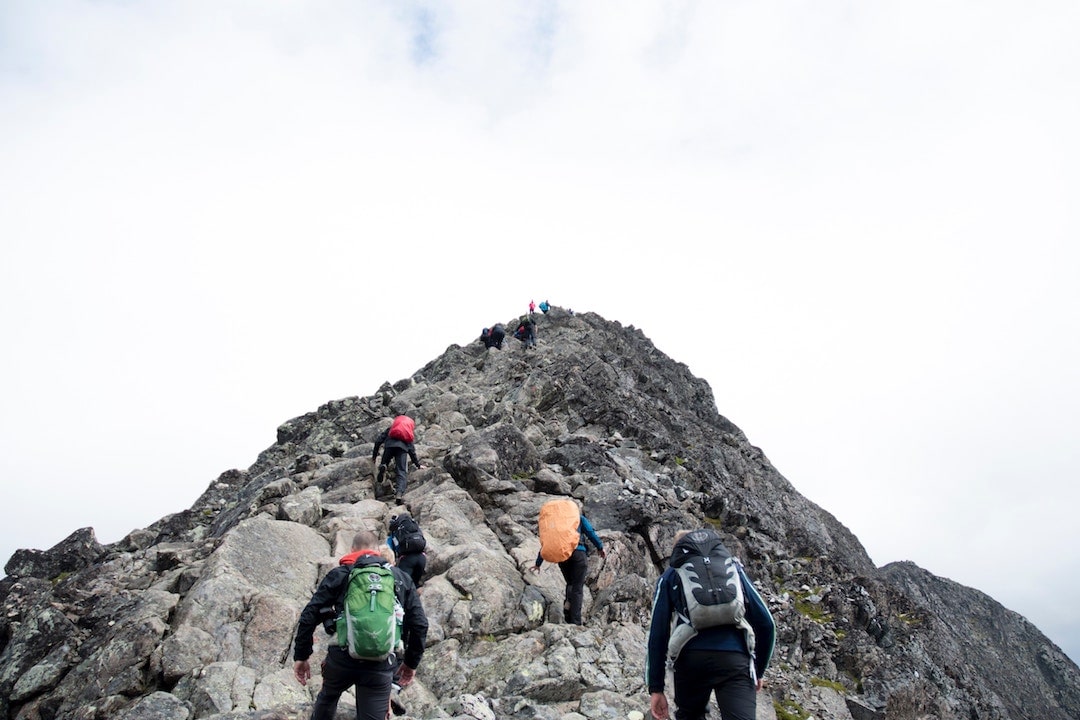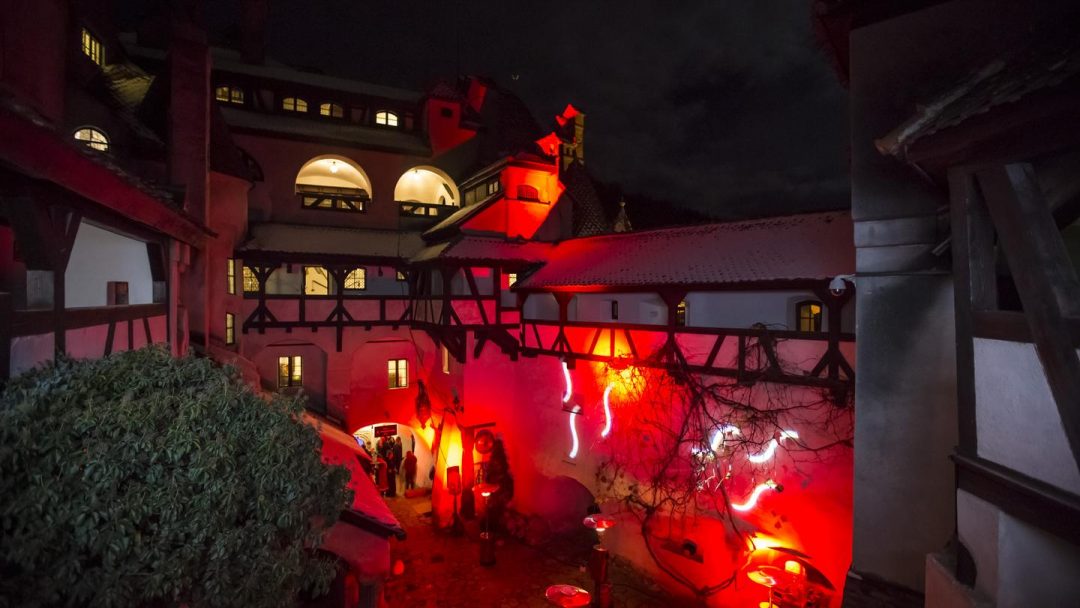So, you want to get paid to travel the world? Being a tour guide means you get to travel while working, be the envy of all your friends, and visit dream destinations all over the globe! You’ll meet people from everywhere, wake up in a different city every other day, and truly become a citizen of the world. But do you know what you are getting yourself into, and what it takes to land one of the best jobs ever? Read on to find out how to become a tour guide!
Important to note: Though a lot of people living on the road are referred to as tour guides, in some countries, they’re tour leaders, managers, directors… the list goes on! It’s important to know that when you’re looking for travelling job opportunities, many tour guide job advertisements will be looking for licensed city tour specialists, who unlike you will be looking to stay put in one city

How to become a tour guide
If you’ve decided this is the life for you, but don’t know how to go about getting your foot in the door, here’s a behind-the-scenes sneak peek into what it takes to become a tour guide!
The pros of this job can’t be counted on just one hand, but becoming tour guide doesn’t mean a permanent vacation. It’s a competitive field, and you’ll have to work hard to keep your coveted role. You need to be dedicated, but you also need to know how to have fun. You’ll live out of a suitcase, answer hundreds of questions every day, and work with many different personalities and cultures from all over the world. A tour guide is at the heart of a tour and can make or break the experience. Translation: there is no such thing a “bad day.”
Your passengers have saved long and hard to come on your tour, and you need to do everything in your power, every day, to make sure they have the trip of a lifetime (no matter how challenging it might be). You need to be patient, fierce, tenacious, and most importantly possess a genuine passion for your passengers and profession. Still up for the challenge? Here’s what you need to do next!
Step 1: Research tour operators in advance
Do your research! It’s important to find a tour operator that aligns with your interests. Are you a history lover that enjoys a relaxed pace of travel with a more mature audience? Or do you prefer non-stop adventure and fast-paced city hopping with today’s youth? No matter the operator there’s a tour style that will fit your own, it’s just a matter of doing your homework to find them. And of course, different operators will require different levels of experience and external certifications depending on where their tours travel and what type of experiences you’d be facilitating as their guide.
You should also find out how much experience you need for the tour operator you have your eye on. Some tour operators won’t require you to have any previous experience and will instead invest huge amounts of time and money in “auditioning” you. These jobs are highly sought after by many young, enthusiastic adventurers, so the stakes are high. You’ll be looking at 2-3 months without an income, travelling through potentially expensive European cities and without any guarantee you have the job until you’ve passed the finish line! Pretty soon into the process, you’ll find out if you are up to the challenge and whether you have the necessary skills, personality and expertise to make it or break it as a tour guide.

Other tour operators may have much shorter training periods, but will need you to know a lot about the region you want to work in: maybe you’ve lived there for an extended period, or speak the language, or you have a degree related to the culture or history of the region. Your speaking skills will be tested in an interview before training, and finally, some operators will look for individuals that have been guiding or tour leading for at least a couple of years before they will even consider you. If you’re starting out, wait until you’ve got some solid experience under your belt before reaching out to these companies!
All in all, it’s important to choose an operator that fits your personality and travels to destinations you feel passionate about!
Step 2: Remember that it’s both a job and a lifestyle
Living a life on the road is both a lifestyle and a job. You need to have a consistent passion for learning, relentlessly optimistic outlook and dedication to hard work. If you’re one of the lucky few that lands the job you need to be prepared to give up everything about your old life. You will be on call 24/7, your own needs will always, always, be the last priority and you’ll find yourself with little to no time to speak with your friends and family back home. If you can make peace with all of the above, then focus on crafting the perfect application, preferably one that touches on your passion for learning, relentlessly optimistic outlook and dedication to hard work.
Spend plenty of time tailoring your application letter and resume to fit the role and the company you’re applying for. Experience with travel, being able to talk about history, culture, art and much much more at a moment’s notice and charisma will help, but you also need to think about who their audience is! What can you offer this company (that thousands of other applicants can’t) to convince them they are placing their valued customers in the right hands?
Be confident in selling your skills, especially the ones essential to successfully running a tour. Highlight any professional experiences like being able to perform under pressure, working with groups, and any relevant language or academic knowledge that will help you to stand out. Give examples of past experiences and anything else that will make your application jump off the page.
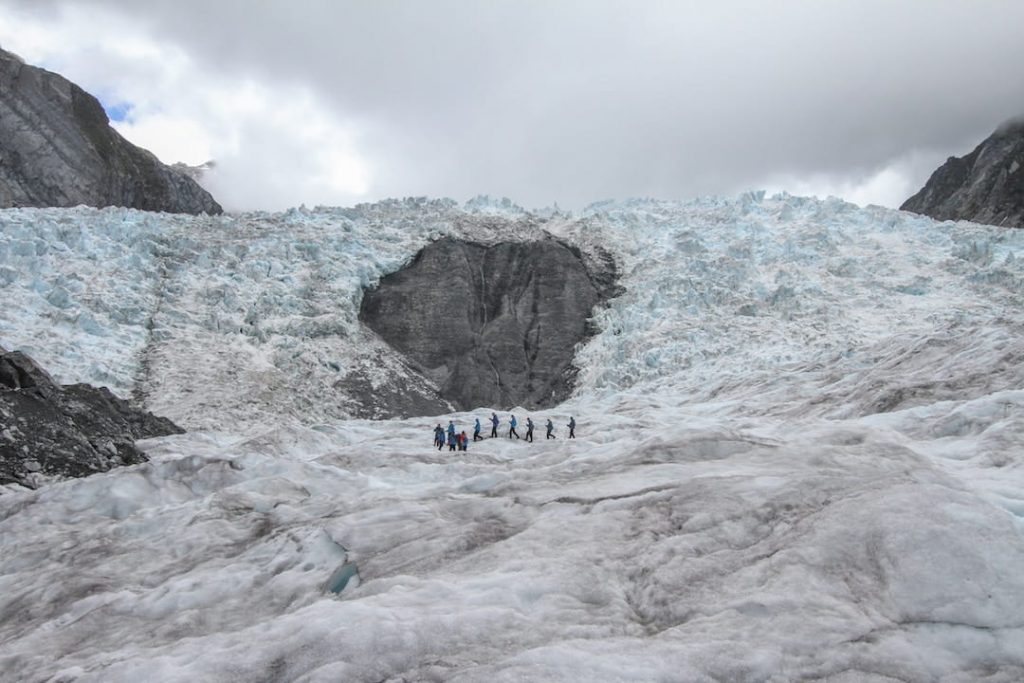
Step 3: Prepare for the interview process
The interview round depends on the company’s recruitment process. It could be one meeting or a series of meetings. The tour operator wants to see if you are the right fit for them and the real deal. It’s time to convince them that you can put your money where your mouth is. Come prepared with examples in your head, and be prepared for seemingly-random questions that will test your character, initiative, and even your general know how.
Tour operators invest a huge amount in their tour guides. There are very few other jobs in the world where people work so independently of their managers’ presence from the beginning of their employment. Their brand and their customer’s experience is the most important thing to them, and they should have no doubts that you are a superstar who can do the job professionally and support their goals. Get a good night’s sleep before your interview and enter the room calm, confident, and personable.
Step 4: Study, study, study!
You’ve been accepted to progress beyond your application submission. Now’s time to get stuck into preparing yourself to become the rookie tour guide of the year! While organisational and personal skills probably come naturally to you, no one, no matter how much they have studied, is prepared for the questions you will face while on your first tour or training trip. And if you hate studying, you may as well peace out now!
Where is the closest cash machine? What kind of tree is that? When was that building built? What’s the major industry of that little town we just passed?
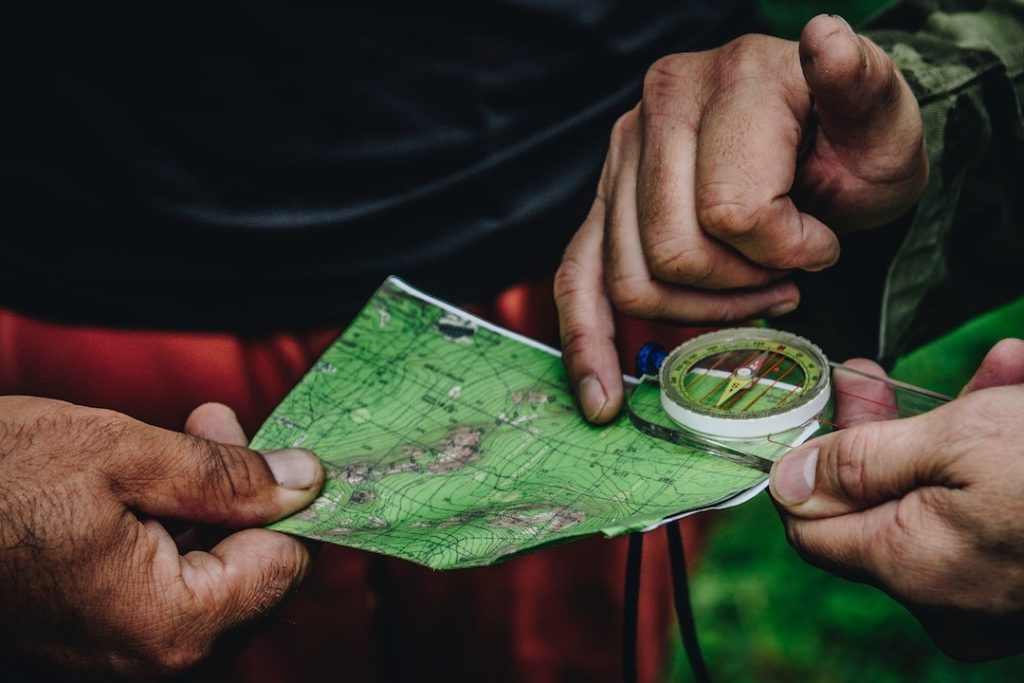
The more you know about history, culture, food, language, geography, politics, economy, and flora and fauna before heading out on your training trip, and hopefully your first tour, the better. You will never know all the answers, but you’ll learn smooth ways to own up to that, or find out and provide a helpful response shortly after (hello Google), or direct the passenger to where they might find out.
If the company you’ve applied to work with has a training trip before you embark on your first adventure with real, paying clients, they will be doing all they can to replicate every single possible tricky scenario you could come across on tour. Given that you’re applying for one of the most popular jobs in the world, it’s going to be intense, but that doesn’t mean you won’t get maximum satisfaction out of it. Making it to the end of your training is a huge accomplishment in itself. So prepare well, work hard, keep your wits about you and sleep now, because if you do become a tour guide, you can kiss more than six hours of shut-eye per night goodbye!
Step 5: Preparing for your first tour as a tour guide
You did it! You may have shed blood, sweat and tears to get here but you can finally call yourself a tour guide! It doesn’t matter if you’re new to this because everyone has to start somewhere. Celebrate the fact that you’re here because experienced touring professionals believe you have what it takes to take passengers on the trip of a lifetime. So have some confidence in yourself. Your colleagues and peers can help you when you need it but focus on the most important thing of all, your passengers! If you gain their respect and they can see you know what you’re doing, you’re well on your way to being a roaring success.
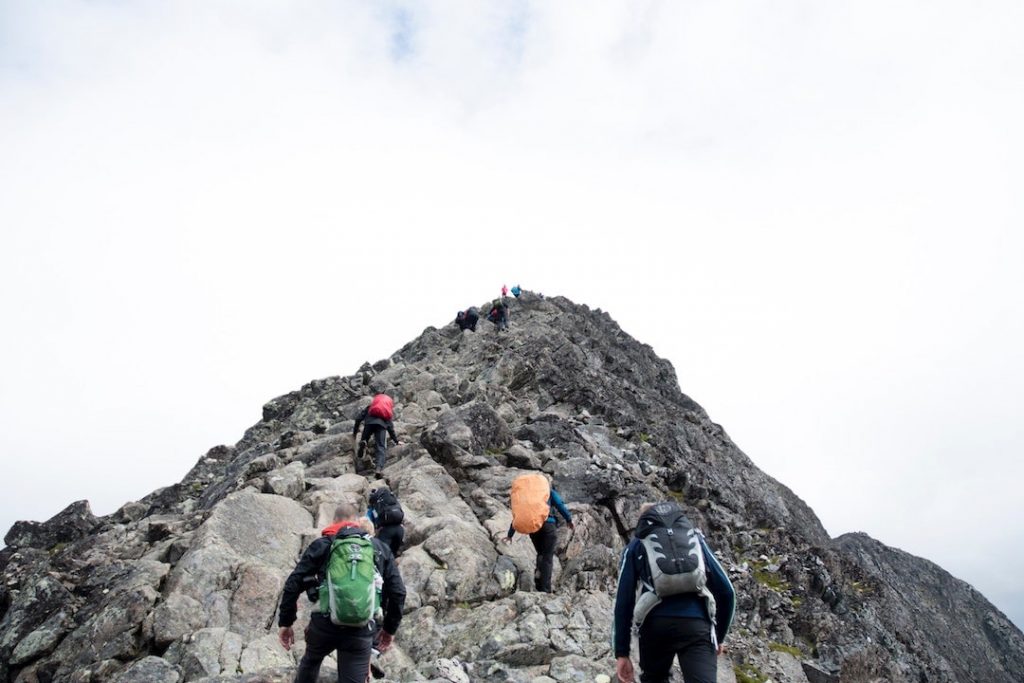
Now that you’re a tour guide, there are a few other things to keep in mind. Your life will change. This isn’t a run of the mill 9 to 5, but if you’re leading a group of tourists towards the pyramids of Giza then you already knew that! Irregular hours means keeping in touch with loved ones or having a routine isn’t easy, but standing at the foot of the world’s greatest wonders will outweigh the crazy hours and lack of routine. If you love what you do, then none of it will feel like a sacrifice, in fact, you might even say all of the above is the best feeling! Not many people can call the world their office or say their day job includes visiting incredible sights and attractions that the rest of us dream about.
Requirements to become a tour guide
Work permits and passport
Before you begin your application, do a solid check on the work permit requirements. Are you legally able to work in the country where you’ll be touring, or is there a visa or work permit you’ll need?
Before investing your time, heart, and soul in a solid job application, make sure you’ve got the legal parts covered.
When to apply
Most tour operators will hire in preparation for their peak season. If you’re interested in working in the Northern Hemisphere, it’s best to apply around September, as applications will usually close before the new year to have training arranged in the first months of the year.
If you want to work in a region with year-round tourism (such as South East Asia, for example), check with the company to see when they run their training trips, or when is the best time to apply. If you’re lucky, they’ll tell you they can take an application anytime!
If you’d like to work in Australia and New Zealand, applications are generally taken around mid-year in preparation for the summer. As there is more demand for tour guides in summer months in most regions, the operators hire and prepare new tour guides for the peak season. Those tour guides may then apply or request to also have some winter work.
If becoming a tour guide is for you, maybe it’s time to start doing your research on which companies you’d like to apply to! It may seem like a daunting task, but for those suited to the job, it’s a dream come true.
Have any questions about the process? Ask us in the comments below!

